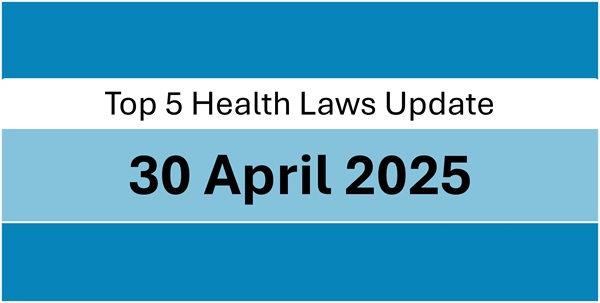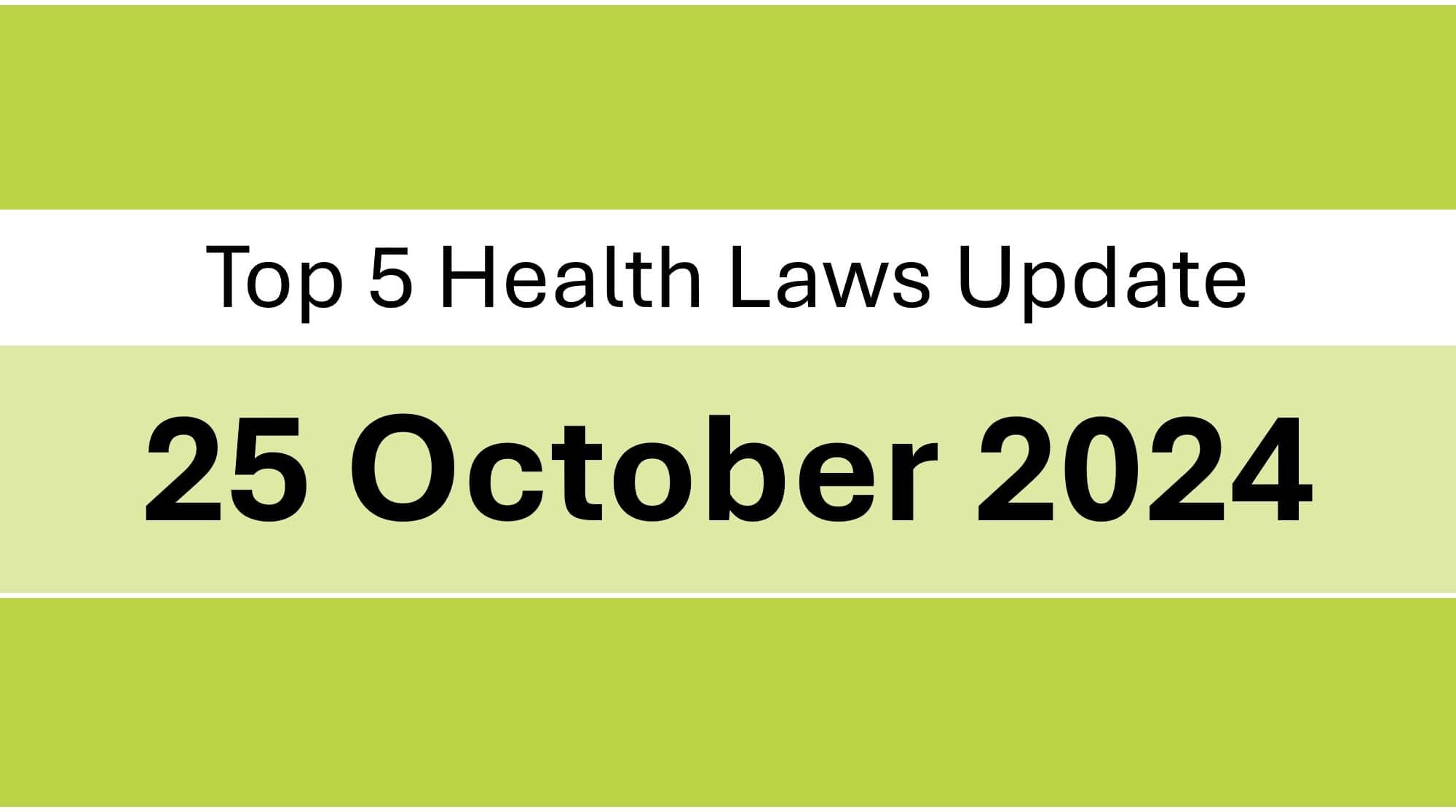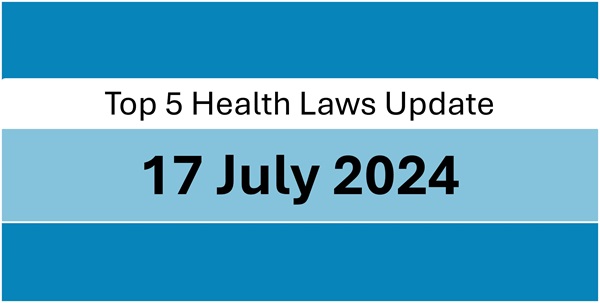Dear Readers, we are happy to share the most interesting legal and policy updates concerning health industry that we read today. we hope you enjoy reading it.
1. The Central Drugs Standard Control Organization has lifted the suspension on an eye drop for presbyopia and approved its phase IV clinical trial but by restricting false media publicity. The suspension was imposed for violating marketing norms by promoting the product as a replacement for reading glasses.
Source: bit.ly/4cXhGpW
2. Indian food regulator, FSSAI, has released a consultation paper proposing clear labelling norms for synthetic paneer, including terms like “non-dairy” or “contains no milk” on packaging and restaurant menus. Stakeholders are invited to submit their comments within 60 days.
Source: bit.ly/42w1ZBl
3. The Central Consumer Protection Authority has taken suo-moto action against five restaurants for violating guidelines and failing to refund mandatory service charges. Acting on consumer complaints, the authority issued notices, reinforcing that service charges must be voluntary and cannot be added to bills without consent.
Source: bit.ly/43coUTK
4. The Belgian Competition Authority has fined three pharmaceutical companies for entering into anti-competitive agreements with pharmacies to secure preferential shelf placement for their products. The authority found that such practices distorted fair competition and limited consumer choice in the over-the-counter (OTC) medicine market.
Source: bit.ly/4cTwLc6
5. India and the United States are set to begin in-person sectoral trade negotiations in late May, with a goal to finalize the first phase of a Bilateral Trade Agreement (BTA) by fall 2025. The talks will address key areas, including tariffs, services, and supply chains, with sectors such as pharmaceuticals and medical devices likely to be part of the broader discussions.
Source: bit.ly/42XoMXe





